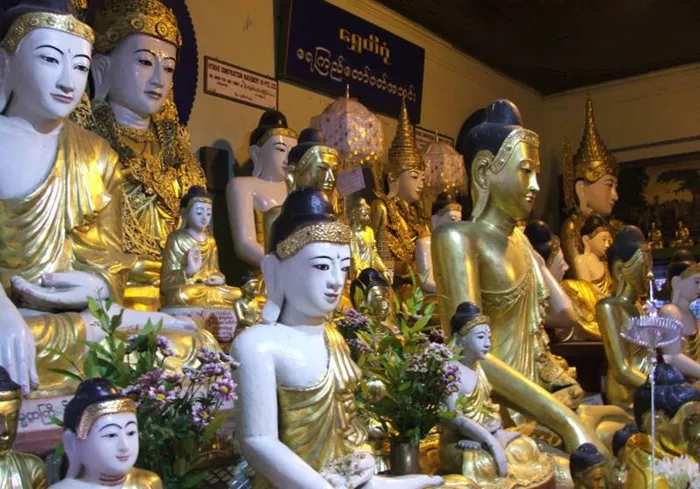In his speech, Guterres said: “On this sacred occasion, may we be inspired to bridge differences, promote unity and work together to build a more peaceful, sustainable and harmonious world.”
“Vesak”, also known as Buddha’s Birthday, Buddha Day or Full Moon Day, is one of the most important festivals for hundreds of millions of Buddhists around the world. Vesak Day is scheduled on the full moon day in May to commemorate the birth, enlightenment and nirvana of the Buddha. According to Buddhist records, more than 2,500 years ago, on Vesak Day in 623 BC, the Buddha was born and enlightened. The day when the Buddha passed away at the age of 80 is still Vesak Day.
The celebration ceremony of Vesak Day begins at dawn. At that time, devout Buddhists gather in temples to meditate on the teachings of the Buddha. In addition to respecting life, being generous to others, restraining desires and speaking carefully, believers are taught to abstain from alcohol and eat only at specific times. Buddhist precepts also prohibit singing and dancing, dressing up and sleeping. Believers will donate and pray on Vesak Day, and will also bring flowers and incense to temples.
Vesak Day is a public holiday in most Southeast Asian countries such as Sri Lanka, Cambodia, Malaysia, Singapore and Thailand.
In 1999, the United Nations General Assembly adopted Resolution 54/115, recognizing the contribution that Buddhism, as one of the world’s oldest religions, has made and continues to make to the human spirit for more than 2,500 years, and gave international recognition to Vesak Day. It was decided to make appropriate arrangements to hold international events to commemorate Vesak Day at the United Nations Headquarters and other United Nations offices in consultation with relevant United Nations offices and permanent missions that wish to provide opinions.
The 2025 United Nations Economic and Social Commission for Asia and the Pacific commemoration of Vesak Day was held at the Vietnam Buddhist Academy in Ho Chi Minh City, Vietnam. In her speech, Armida Alisjahbana, head of the United Nations Economic and Social Commission for Asia and the Pacific and Deputy Secretary-General, said: “Values such as compassion, joy, generosity, compassion, tolerance and mutual respect should be the basis for global decision-making and political commitments.”

